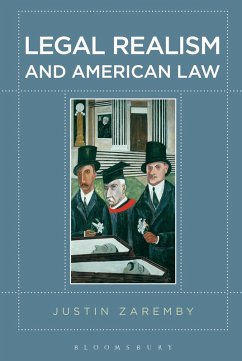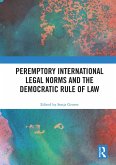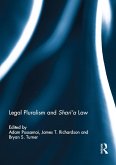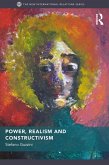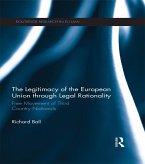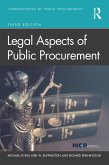In the first part of the 20th century, a group of law scholars offered engaging, and occasionally disconcerting, views on the role of judges and the relationship between law and politics in the United States. These legal realists borrowed methods from the social sciences to carefully study the law as experienced by lawyers, judges, and average citizens and promoted a progressive vision for American law and society. Legal realism investigated the nature of legal reasoning, the purpose of law, and the role of judges. The movement asked questions which reshaped the study of jurisprudence and continue to drive lively debates about the law and politics in classrooms, courtrooms, and even the halls of Congress.
This thorough analysis provides an introduction to the ideas, context, and leading personalities of legal realism. It helps situate an important movement in legal theory in the context of American politics and political thought and will be of great interest to students of judicial politics, American constitutional development, and political theory.
This thorough analysis provides an introduction to the ideas, context, and leading personalities of legal realism. It helps situate an important movement in legal theory in the context of American politics and political thought and will be of great interest to students of judicial politics, American constitutional development, and political theory.

